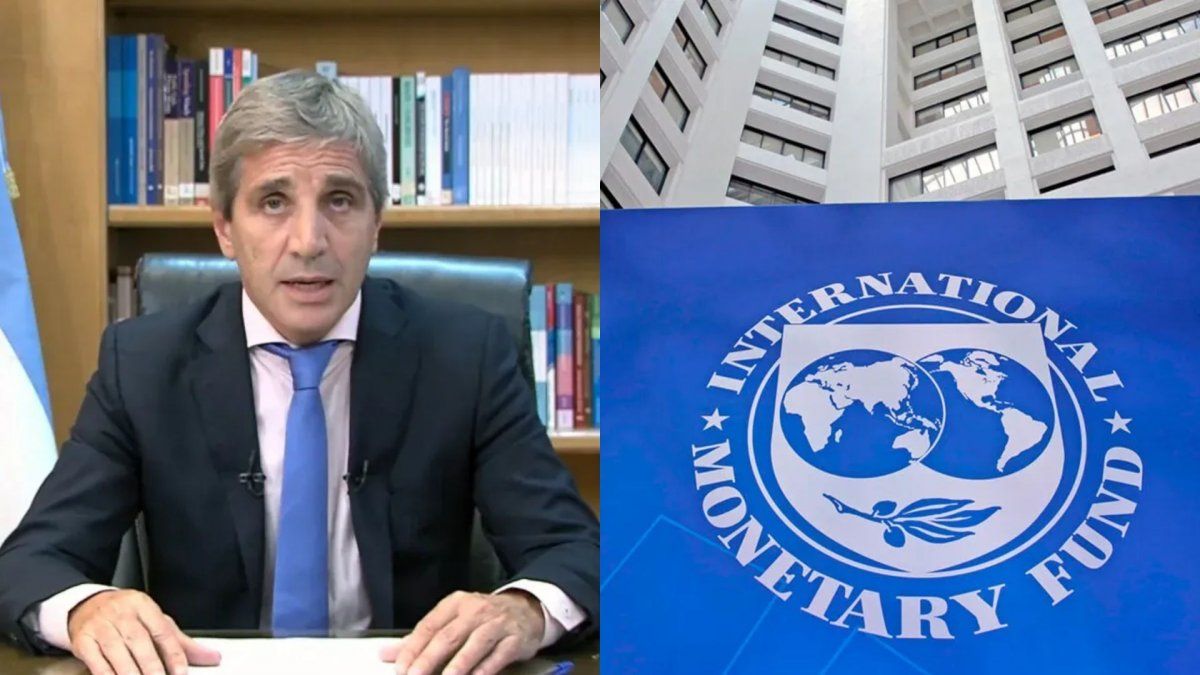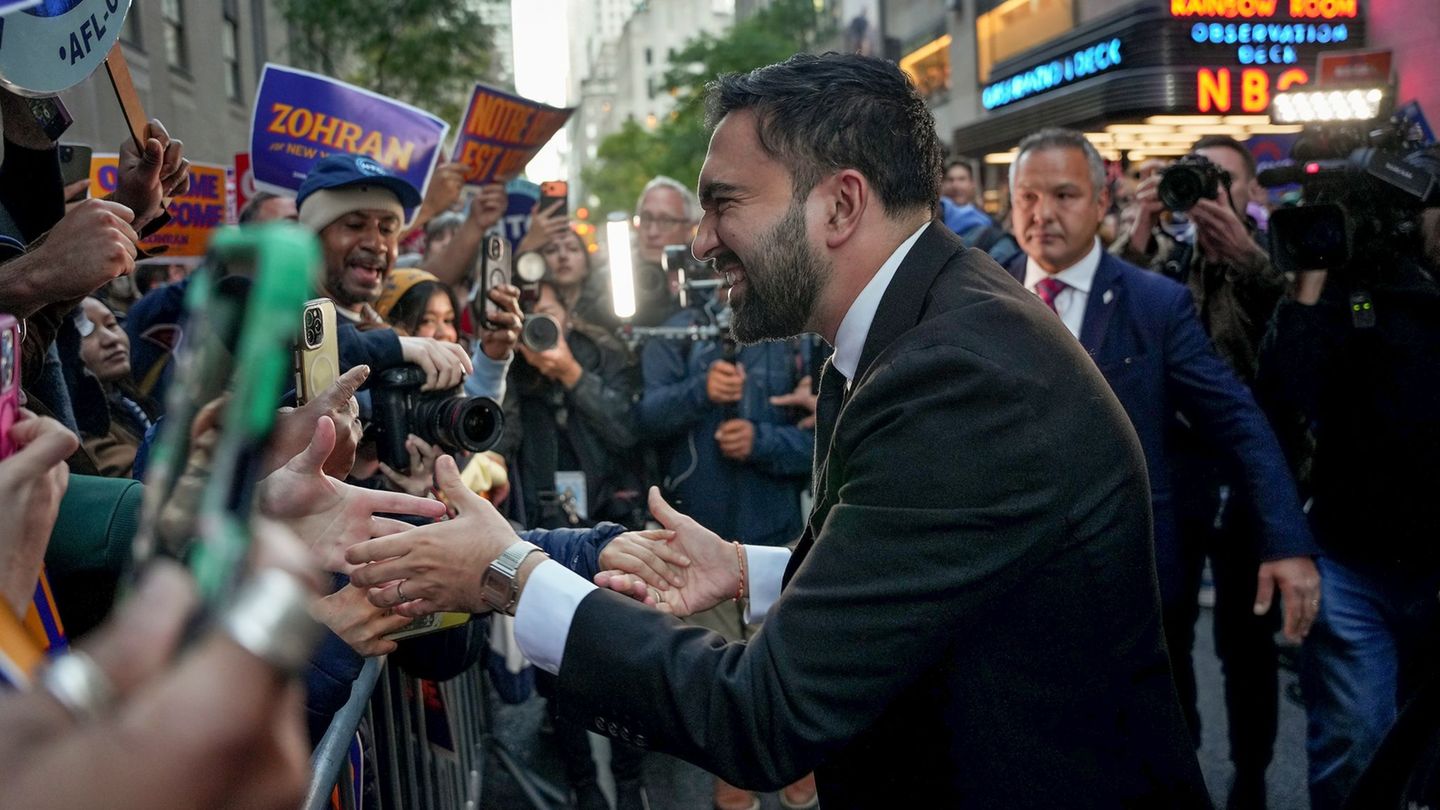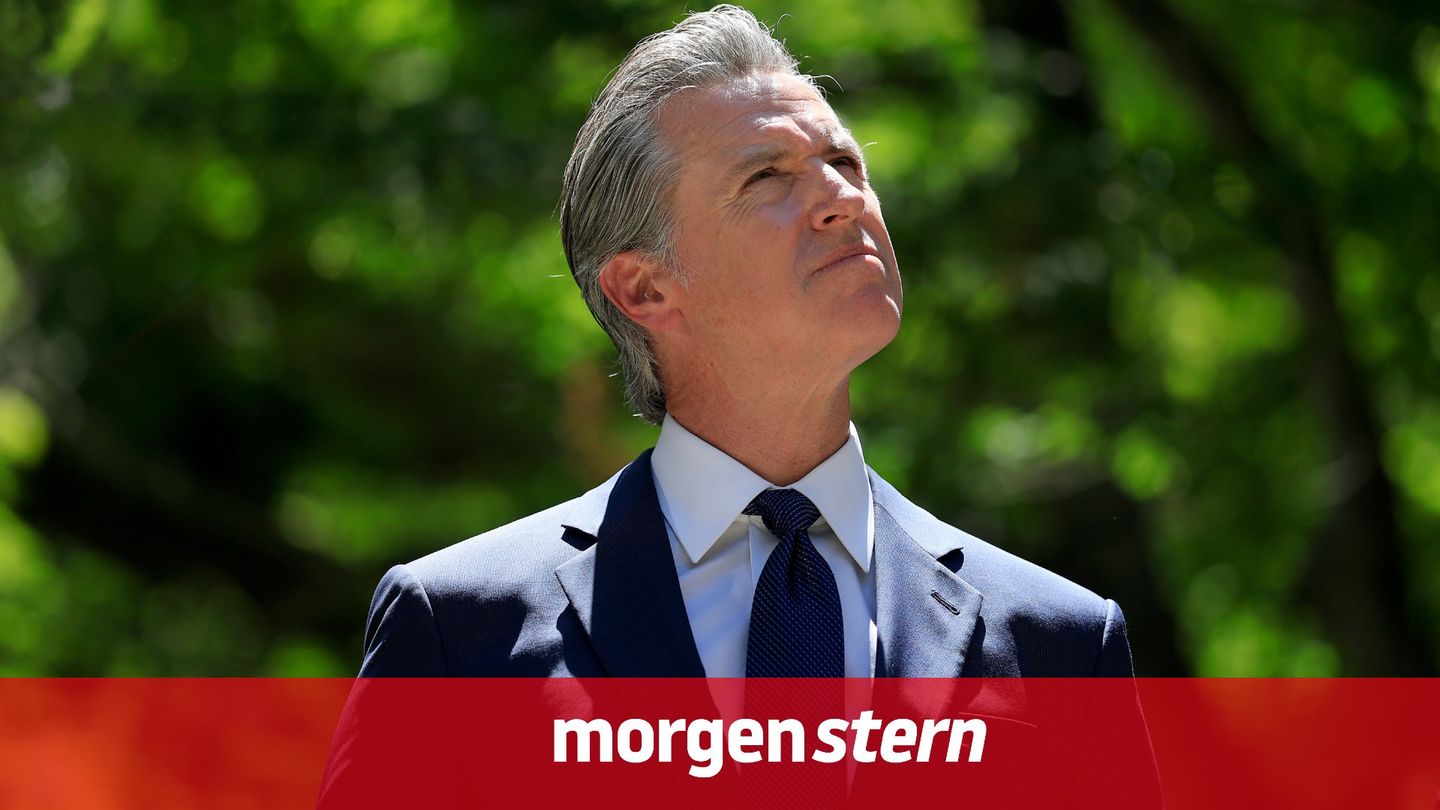The agreement with the IMF, with other guidelines, resumes the payment and disbursement schedule achieved by the previous administration, when the government was forced to face the unpayable debt generated by the Macri government.
On the same day that the government completed its first month in office, a new agreement with the IMF. President Javier Milei stated in this regard that it was the negotiation “fastest in history with the organization”a statement that is reminiscent of Mauricio Macri’s phrase from 2021: “If we won the election (in 2019), we would settle with the IMF in five minutes”. The agreement, with other guidelines, resumes the payment and disbursement schedule achieved by the previous administration, when the government was forced to face the unpayable debt generated by the Macri government.
The content you want to access is exclusive to subscribers.
The 4.7 billion dollars of the disbursement agreed would enter soon, and the approval of the IMF Board. He Minister of Economy, Luis Caputo, clarified that “it is not new money”, it is the pending part of the last installment of December, plus an advance to face the payment for next April. The positioning of Fund is a nod to the new governmentwith which he shares the same vision.


In it IMF statement There is talk of non-compliance with goals and the outgoing government is criticized, after having approved all the revisions and having pointed out on those occasions the incidence of drought, which is not mentioned in this report. At most, predicts better performance for Milei’s governmentpartly due to “gains derived from the normalization of agricultural production.”
According to him IMF, the previous government “derailed” the programand in this framework he points out, among other things, that “the Monthly inflation accelerated to 12.8% in November”. But, is the current situation better on track, after the inflation data for December 25.5% monthly, the highest in decades? He also maintains that the elimination of inherited price controls and the correction of the exchange rate imbalance (with a devaluation of more than 100%) that are underway “will have an inflationary impact and will deepen the contraction of activity”a recognition of the effect of current policies, and an attempt to naturalize the adjustment that is being carried out.
The Milei’s promises involve traveling through a desert for decades to reach the promised destination. A few weeks ago she said that two thirds of improvements were only going to be seen in 15 yearsand after agreeing with the IMF once again said that we would be “a power in 35 years”. The Fund itself shares this rhetoric of present suffering in pursuit of future enjoyment: “the path to stability will be challenging and conditions will get worse before they improve,” although it maintains that “initial actions managed to avoid an intensification of the crisis,” a a phrase that could be questioned, given the current development of production and price increases. It reminds us of Carlos Menem’s famous phrase “we are bad but we are doing well.”
Instead of rational criteria, It seems that the IMF resorts to magical thinking: “As policies are implemented and credibility is rebuilt, a gradual process of disinflation should take hold” and “an eventual recovery in production, demand and real wages.” He use of the potential reveals the agency’s own doubts about the viability of the program. However, the IMF spokesperson, Julie Kozack, was realistic in noting that “they hope that the authorities will continue to build political support to advance the main aspects of this law,” referring specifically to fiscal issues. A warning signal for the Argentine Government.
Beyond the IMF, There is also concern about respect for the institutions of democracy, particularly Parliament, which is seen almost as an obstacle to the plans of libertarians. He Minister of Economy pointed out that “to the extent that the law (bus) don’t passthe measures are going to be tougher, and Argentines are going to suffer them more.”
The rush to treat bill and the DNUfrom a depth not seen since the return to democracyand which seek to completely change the legal, political, economic, social and cultural structure of our country, has nothing to do with the urgency of avoiding a supposed inherited crisis, but rather with accelerating the reforms, before the Government begins to lose the legitimacy it achieved in the runoff.
Source: Ambito
David William is a talented author who has made a name for himself in the world of writing. He is a professional author who writes on a wide range of topics, from general interest to opinion news. David is currently working as a writer at 24 hours worlds where he brings his unique perspective and in-depth research to his articles, making them both informative and engaging.




